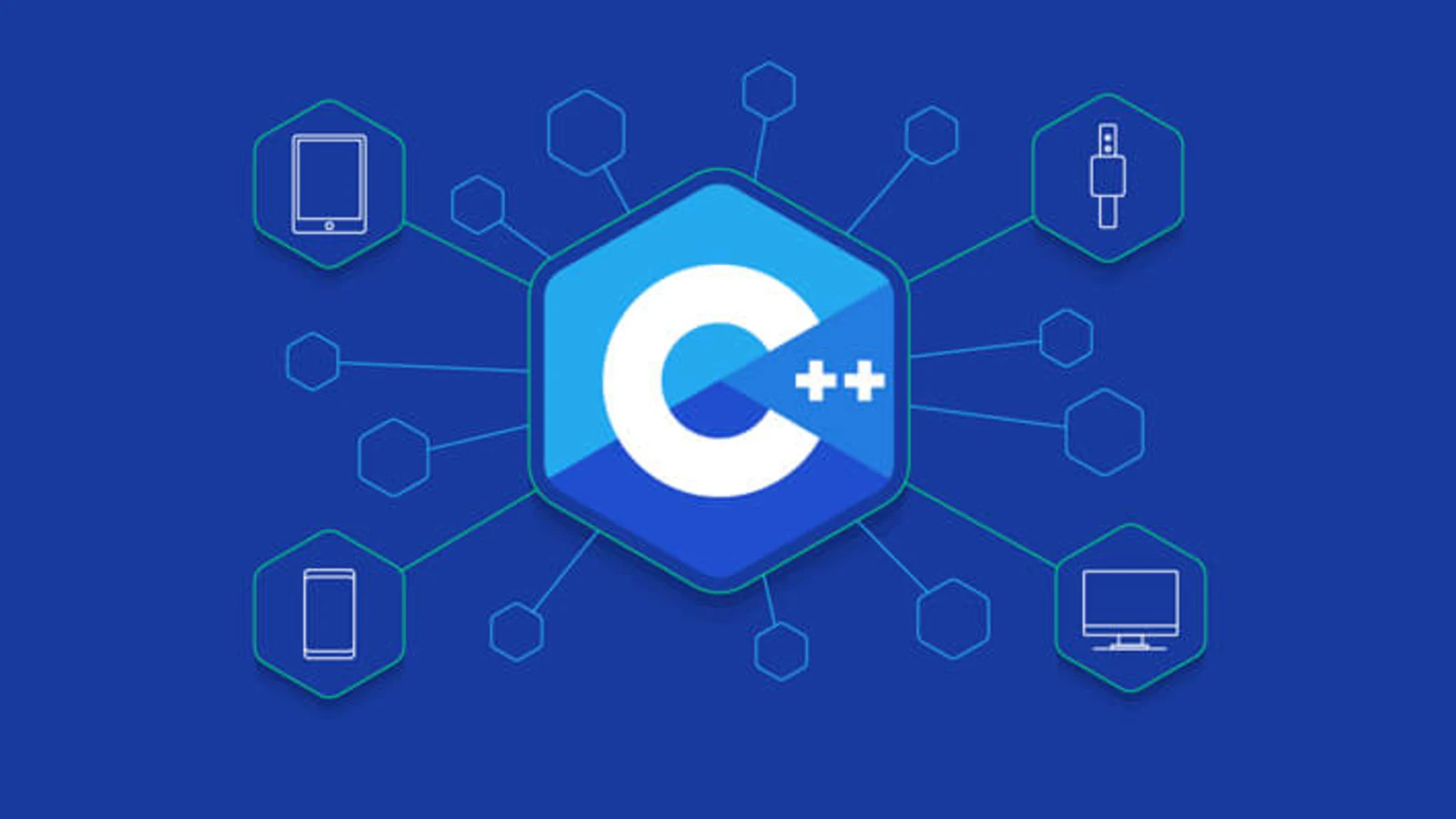C++ is one of the oldest and most efficient programming languages. Every beginner is curious to know the advantages and disadvantages of C++ on the basis of which they can start their programming journey. Benefits and limitations are important to know to predict their next step.
Every programming language has its own unique set of strengths and weaknesses, and C++ is no different. Advantages of C++ include its speed, flexibility, and the fact that it can be used for a wide range of applications. However, some disadvantages of C++ full course include its complexity and the fact that it can be difficult to learn for beginners.
Table of Contents
Advantages of C++
-
Portability
C++ full course offers the feature of portability or platform independence. This allows the user to run the same program on different operating systems or interfaces. For example, if you write a program in LINUX OS and then switch to Windows OS, you would be able to run the same program in Windows without any error. This can be very convenient for the programmer.
-
Object-oriented
One of the benefits of C++ is that it enables object-oriented programming. This approach has several advantages, such as code reusability, increased reliability, and the ability to use concepts like inheritance, data abstraction, and encapsulation.
This helps us deal with real-world problems by treating data as an object, which is something that C lacked. This made it very significant when it was created.
C++ is a programming language that has its roots in C and Simula 67. It is interesting to note that C++ was created by taking features from both of these languages to create a new, object-oriented programming language.
-
Multi-paradigm
C++ is a programming language that can be used in multiple ways, depending on the programmer’s needs. The term “paradigm” refers to the style of programming. Logic, structure, and procedure are all components of a programming paradigm. Generic, imperative, and object-oriented programming are three different paradigms of C++.
Generic programming means using a single concept for multiple purposes. For example, a function that can sort both numbers and strings. Imperative programming changes the state of a program using statements. This can be things like variable declarations, loops, and conditions.
-
Low-level Manipulation
Since C++ is a language that is very close to machine language, it allows for low-level manipulation of data. This makes it ideal for creating embedded systems and compilers.
-
Memory Management
C++ provides the programmer with complete control over memory management. This can be seen as both an advantage and a disadvantage, as it means the user has more responsibility to manage memory rather than the Garbage collector. This concept is implemented with the help of Dynamic memory allocation (DMA) using pointers.
-
Large Community Support
C++ has a lot of people behind it, who have created online courses and lectures to support it. On StackOverflow and GitHub, C++ is the 6th most used language, which shows how popular it is.
-
Compatibility with C
C++ is compatible with C. Most C programs can be run as C++ programs. Depending on the compiler, programs written in C++ can have a .cpp file extension.
Disadvantages of C++
-
Use of Pointers
Pointers can be a tough concept for some people to wrap their heads around. They can also be very memory intensive if not used correctly. Something as simple as a wild pointer can cause big problems, like a system crash or abnormal behavior.
-
Security Issue
Although object-oriented programming is more secure than other languages when it comes to data handling, there are still some potential security risks associated with friend functions, global variables, and pointers. These issues can be mitigated by taking some simple precautions, such as using private data members and restricting access to certain functions.
-
Absence of Garbage Collector
C++ programming language provides the user with more control over managing computer memory through DMA, as opposed to other languages which come with a garbage collector to automatically get rid of unneeded data.
